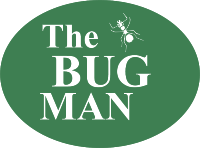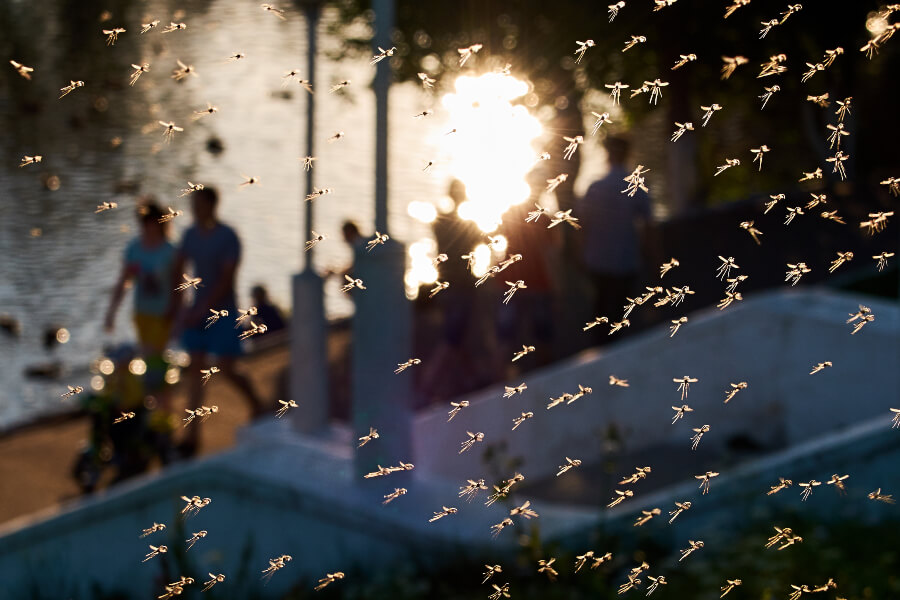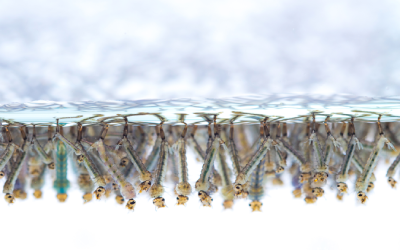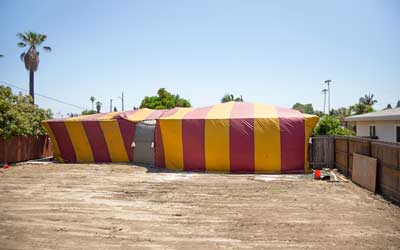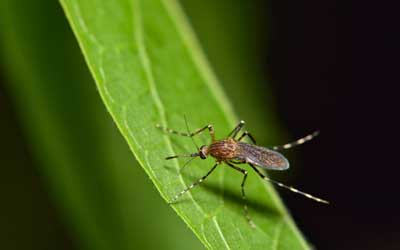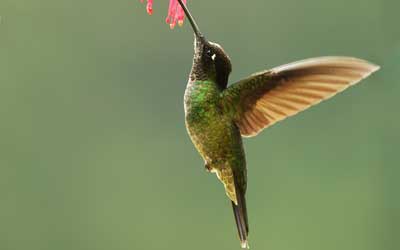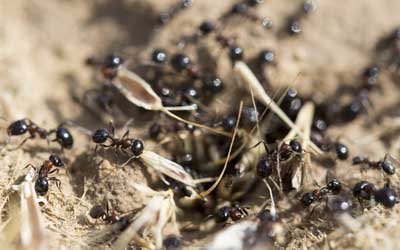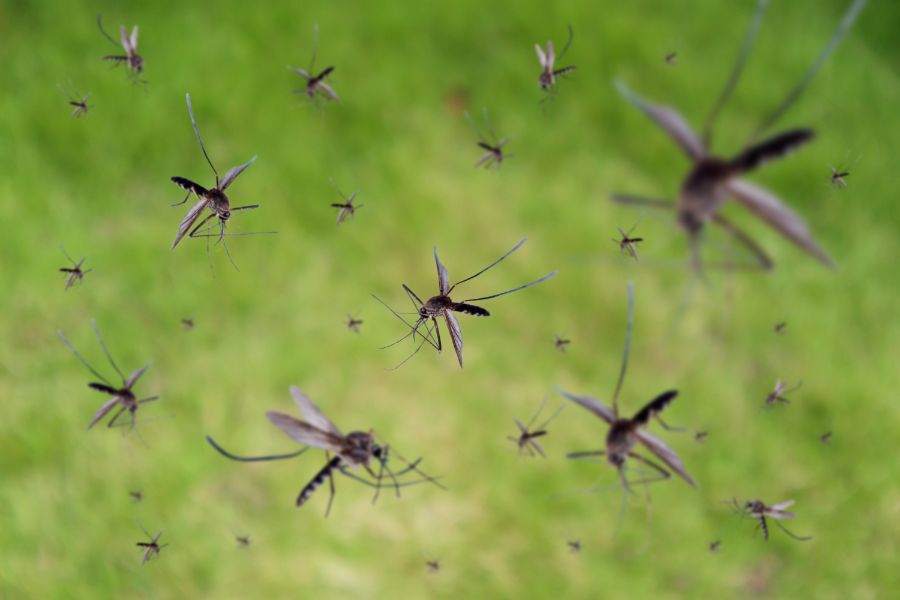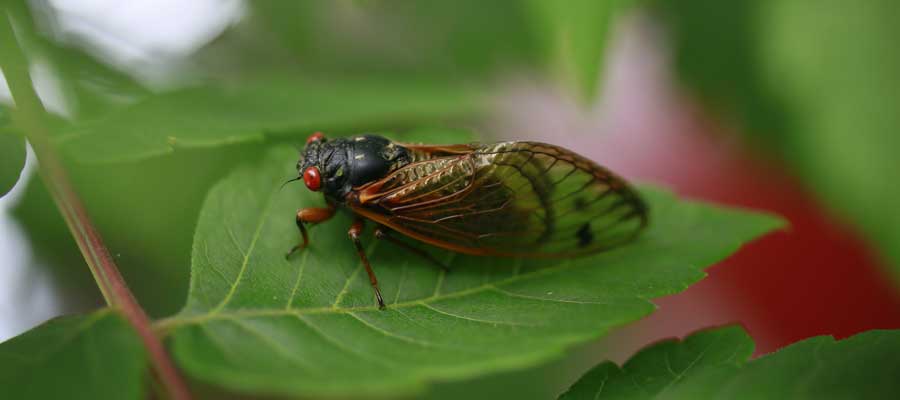As the Tennessee heat recedes back into fall, all sorts of pests try to inhabit our homes for some warmth and security. The most feared of these invaders are rodents. Because maintaining a high internal body temperature is integral to their survival, rodents are insistent upon chewing through whatever they can to create shelters and find food in our homes. Due to the dangers that rodents are associated with, it’s important to know how to prevent them from making their homes in your house. Learn all about rodents in Central TN with The Bug Man!
Why Rodents Invade Our Homes
Rats, mice, voles, and other rodents invade our homes looking for food, shelter, and warmth. As small mammals, keeping a high, consistent body temperature is of the utmost importance.
When rodents decide to nest inside your home, they can cause many kinds of damage and health risks, including:
- Damage to your insulation, walls, and wires
- Fire hazards by chewing through electrical wiring
- Contamination of any food left out for them to access
- Risk of disease via their droppings and urine
How to Keep Rodents Out in Central TN
Keeping rodents out of your home is a two-part process—you have to ensure both that there are no ways for them to get in and nothing excessive that could be attracting them. Rodents aren’t picky, either—they’re only looking for a warm place to stay and something to eat, so it can be quite difficult to keep them out. Here are some approaches you should take, though:
- Seal off cracks near windows, doors, and the foundation with a silicone-based caulk
- Keep your food stored away properly whenever you aren’t cooking or eating
- Purchase garbage cans with clamps to prevent rodents from finding food outside
Maintaining general cleanliness and orderliness on your property is the basic principle to keeping vermin out, as well as many other kinds of pests.
Rodent Control with The Bug Man
Sometimes, the source of a rodent infestation can be impossible to find or even hiding in plain sight. Rodents are able to squeeze their bodies through much tighter spaces than you would imagine, so you can’t leave any part of your home unchecked. Your local pest control company will be able to identify any vulnerabilities that could lead to a rodent outbreak in your home. With The Bug Man, you can be sure that you’re working with the most experienced rodent control experts in Central TN. For a free quote, contact us today!
